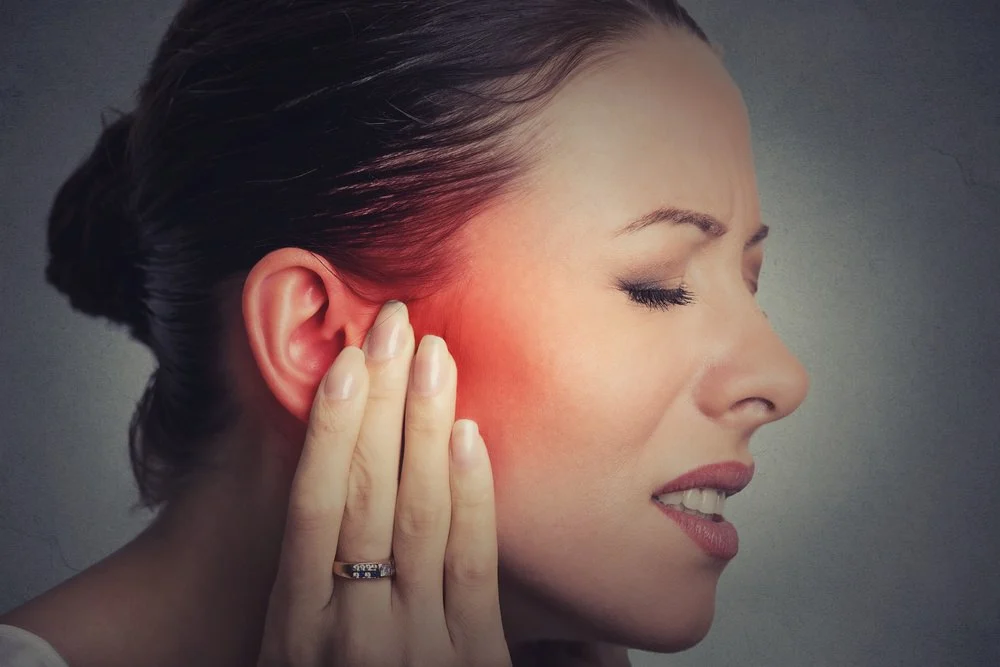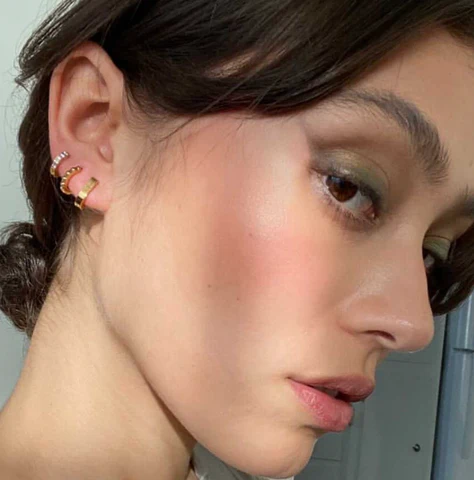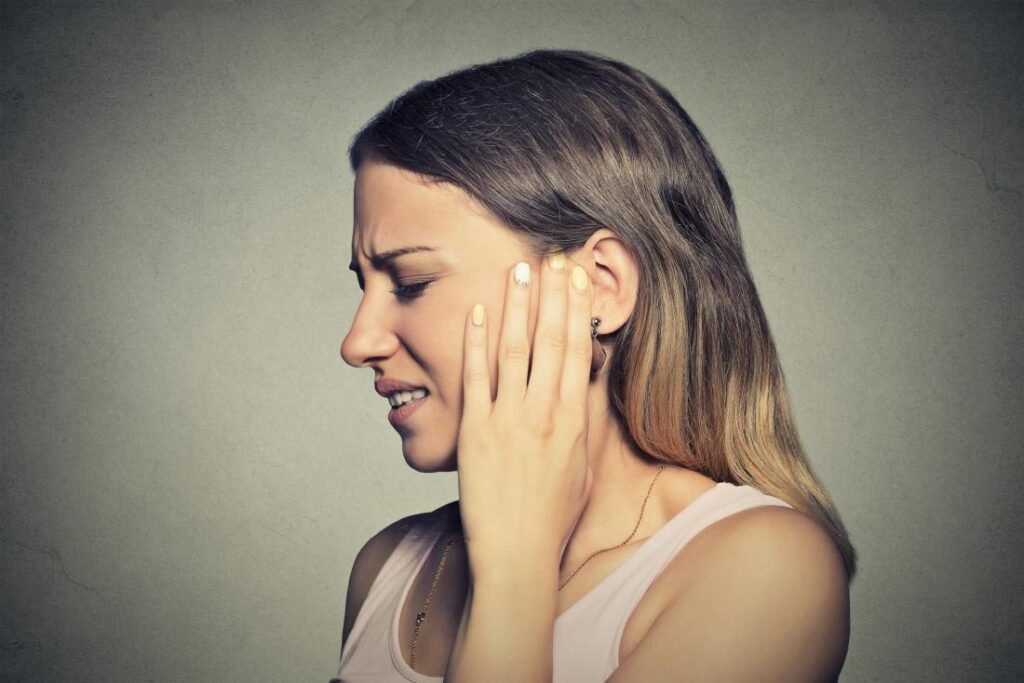Experiencing discomfort or pain around your earring hole can be frustrating and concerning, especially if your piercings have been healed for a while. Many people wonder, “Why does my earring hole hurt even though it’s not new?” Whether you’re dealing with itching, swelling, or a throbbing sensation, there are several possible reasons behind the pain. Let’s explore the common causes, treatment options, and how to prevent future irritation.
Profile Biographie Table
| Profile Aspect | Details |
| Topic | Why Does My Earring Hole Hurt |
| Focus Keyword | why does my earring hole hurt |
| Audience | Individuals with pierced ears experiencing pain |
| Primary Concerns | Pain, swelling, itching, infection, healing problems |
| Common Symptoms | Redness, soreness, discharge, throbbing, inflammation |
| Solutions Discussed | Cleaning methods, earring types, avoiding irritants |
| Prevention Tips | Proper hygiene, hypoallergenic jewelry, regular care |
| Target Language | English |
| Tone | Informative, supportive, easy to understand |
Understanding the Pain: Why Does My Earring Hole Hurt?
Earring hole pain can happen to anyone, whether your ears were pierced yesterday or ten years ago. The discomfort might be sudden or build up gradually. Let’s look at the most common causes behind the pain.
Allergic Reaction to Jewelry Metals
One of the top culprits for earring hole discomfort is a metal allergy, especially to nickel. Many low-cost earrings contain nickel, which can irritate the skin and lead to pain, redness, or itching. Even small amounts can trigger a reaction if you’re sensitive.
Infection or Inflammation

Sometimes your piercing hole might hurt due to a mild infection or localized inflammation. This can happen when bacteria enter the site through unclean hands or jewelry. You may notice swelling, warmth, and even yellowish discharge if the area is infected.
Tight or Heavy Earrings
Wearing tight, heavy, or overly large earrings can put pressure on the piercing hole and surrounding tissue. Over time, this may cause the skin to tear slightly or stretch, leading to pain and discomfort. Dangling or hoop earrings can also tug on the piercing.
Sleeping With Earrings On
If you sleep with your earrings on, especially studs or hoops with sharp edges, the constant pressure and friction can irritate the hole. It might not seem like a big deal, but overnight movement can cause trauma and pain.
Poor Hygiene or Cleaning Habits
Neglecting to clean your earrings and earlobes regularly can allow bacteria or product buildup to accumulate. This not only leads to unpleasant smells but can also cause clogged holes, soreness, or even infection.
Piercing Rejection or Migration
In rare cases, your body might reject a piercing. This means the skin pushes the earring out slowly. You’ll feel consistent pain and possibly notice the hole enlarging or shifting position. This can also happen due to improper piercing technique.
Keloids or Scar Tissue
Some people are prone to keloids or raised scar tissue, especially if there was previous trauma to the area. These can develop even years after piercing and might cause the area to feel sore or itchy.
Hormonal Changes or Skin Conditions
Fluctuating hormones during menstruation, pregnancy, or even stress can make your skin more sensitive or reactive. Conditions like eczema or psoriasis may also flare up around the ears, leading to pain near the piercing hole.
Improper Earring Backs
Certain types of earring backs, especially rubber or tight metal ones, can trap moisture and irritate the skin. If your earring backs feel hot or cause pinching, this might be why your earring hole hurts.
Signs You Shouldn’t Ignore

If the pain persists or worsens, it’s essential to watch for these warning signs:
- Persistent redness and swelling
- Warmth or heat in the area
- Discharge (white, yellow, or green)
- Crusting or scabbing
- Fever or fatigue (if infection spreads)
These may indicate a more serious infection that requires medical attention.
How to Treat a Painful Earring Hole
Fortunately, most cases of earring hole pain are treatable at home if caught early. Here are some effective remedies:
- Clean twice daily with saline or warm salt water
- Apply an antibiotic ointment (if there’s minor infection)
- Switch to hypoallergenic earrings, like surgical steel, titanium, or gold
- Avoid wearing earrings for a few days to let the area breathe
- Use a warm compress to relieve swelling and pain
- Avoid alcohol or hydrogen peroxide as they can dry and irritate the skin
When to See a Professional
If your earring hole remains painful after a week, shows signs of spreading infection, or you’re unable to remove the earring, it’s best to see a doctor or dermatologist. They may prescribe antibiotics or recommend removing the jewelry temporarily.
How to Prevent Future Earring Hole Pain
Prevention is key to avoiding recurring issues. Here’s what you can do:
- Clean earrings regularly with gentle soap and water
- Choose quality materials (avoid nickel or plated metals)
- Take earrings off at night to reduce pressure
- Avoid sharing earrings with others
- Don’t change earrings too frequently (especially with new piercings)
- Let your ears rest occasionally from wearing jewelry
- Wash your hands before handling earrings or piercings
Conclusion
So, why does your earring hole hurt? The answer could be as simple as an allergic reaction or as serious as an infection. By identifying the root cause, you can take the right steps to heal and prevent further pain. Always prioritize clean, safe jewelry and proper hygiene. And if you’re ever unsure, don’t hesitate to consult a professional.
Read more: A Blog About @pocketmemories Net – Capturing Nostalgia, One Pixel at a Time
FAQs About Earring Hole Pain
Sudden pain in an old piercing may be due to infection, irritation, or an allergic reaction to new earrings. Even healed piercings can become sensitive again.
It’s better to remove earrings temporarily if you’re feeling pain. Keeping them in could worsen irritation or delay healing.
Minor irritation or inflammation may resolve in 2–3 days with proper care. Infections can take a week or more and might require treatment.
Hypoallergenic materials like surgical steel, titanium, or 14k+ gold are ideal for preventing irritation in sensitive earlobes.
No, do not pop it. It may be a cyst or keloid, and popping could lead to infection. Seek advice from a dermatologist instead.


